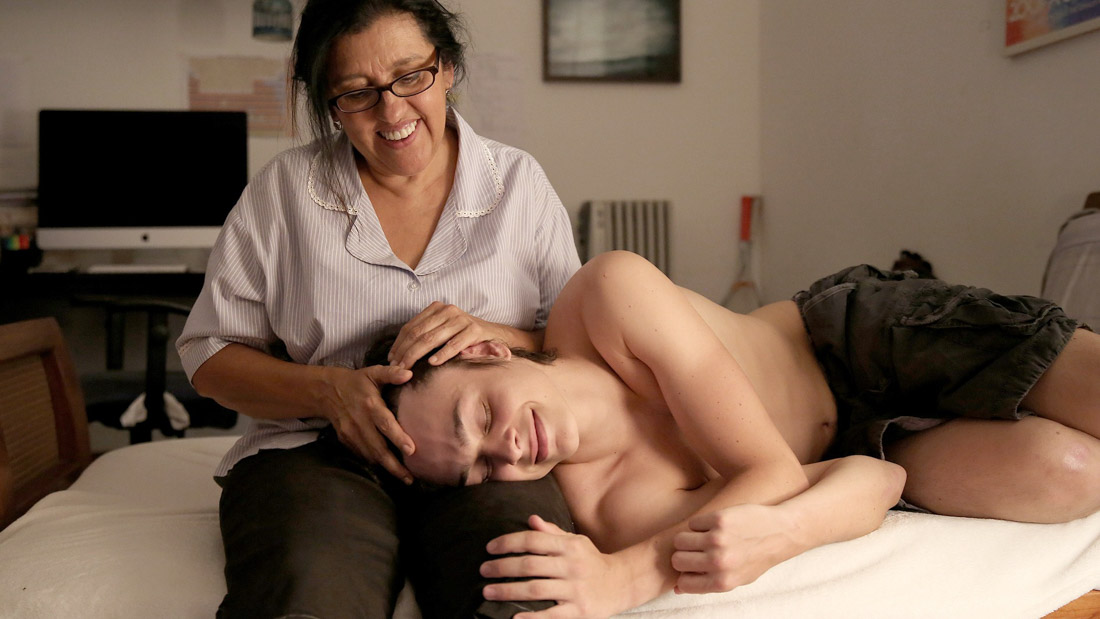
- Film
Foreign Film Submissions, 2015: The Second Mother (Que Horas Ela Volta?), Brazil
Part of the Hollywood Foreign Press Association’s mission is to foster greater understanding through world cinema. This year 72 Foreign Language films were submitted for Golden Globes consideration. Here is an overview of one of them.
A deeply ingrained socio-cultural element of Brazilian life, the live-in maid, gets a whole-hearted, sharp and moving treatment in writer/director Anna Muylaert’s The Second Mother (Que Horas Ela Volta?). A high-profile writer for both TV and films, with five features under her belt, Muylaert got the inspiration for Mother 20 years ago, when she became pregnant with her son and had to face the dilemma of whether she should hire live-in help. “The social tension was obviously there, along with all the issues that being a mother brings”, Muylaert says.
While working on other projects over the years Muylaert wrote and re-wrote the project. The fundamental idea remained the same – an exploration of the concept of “family”, through the eyes of the maid- but the details changed as dramatically as Brazil itself. “In my first draft the protagonist dreamed of working in a beauty salon”, Muylaert says. “But Brazilian society was changing, a new generation had access to education and was able to dream higher.”
The version that finally became The Second Mother focuses on the dynamic between Val (Regina Casé) a live-in maid working for years for an upper middle class family in São Paulo (and literally raising their son) and her daughter Jéssica (Camila Árdila), left behind with relatives in a distant northeastern village. When Jessica decides to move to São Paulo to take the entrance exams to a prestigious university – a goal untenable to her mother’s generation – the personal and social clashes change both mother's and daughter’s worlds.
Mother has a light, fun touch, thanks in great part to Regina Casé’s performance, which received awards and accolades from Berlin to Sundance. A huge star in Brazil, Casé had not worked in film for 13 years, focusing her career on TV. “But this was the perfect part for me”, Casé says. “And a real collaboration with Anna. We created Val together.” Herself the daughter of a migrant from the impoverished Northeast who rose to become a radio pioneer in Brazil, Casé says she was born to play Val: “I’m one generation removed from her challenges and trials. I travel extensively throughout Brazil and personally know many women just like her. I understand her deeply. “
Ana Maria Bahiana

